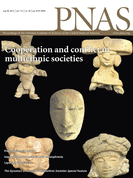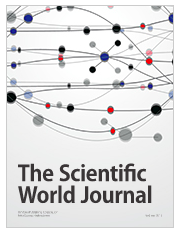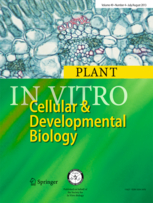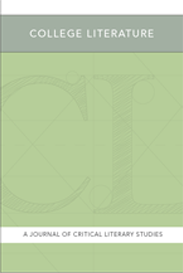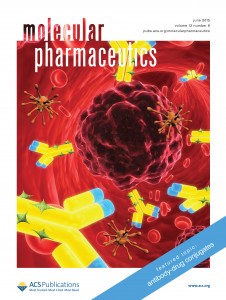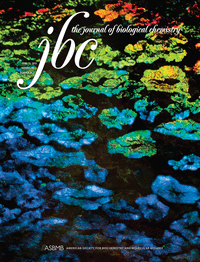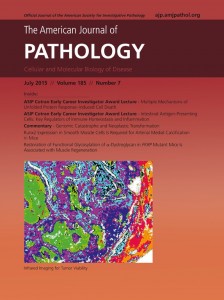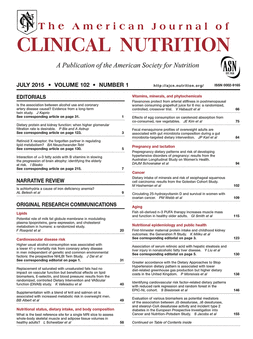 The American Journal of Clinical Nutrition is retracting a paper that showed genetically engineered rice serves as an effective vitamin A supplement after a Massachusetts judge denied the first author’s motion for an injunction against the publisher.
The American Journal of Clinical Nutrition is retracting a paper that showed genetically engineered rice serves as an effective vitamin A supplement after a Massachusetts judge denied the first author’s motion for an injunction against the publisher.
The journal announced plans to retract the paper last year following allegations that the paper contained ethical mis-steps, such as not getting informed consent from the parents of children eating the rice, and faking ethics approval documents.
Last July, first author Guangwen Tang at Tufts University filed a complaint and motion for preliminary injunction against the journal’s publisher, the American Society for Nutrition, to stop the retraction.
According to the ASN, on July 17, a Massachusetts Superior Court “cleared the way” for the publisher to retract the paper. So they have, as of July 29. Here’s more from the retraction notice:
Continue reading Golden rice paper pulled after judge rules for journal
